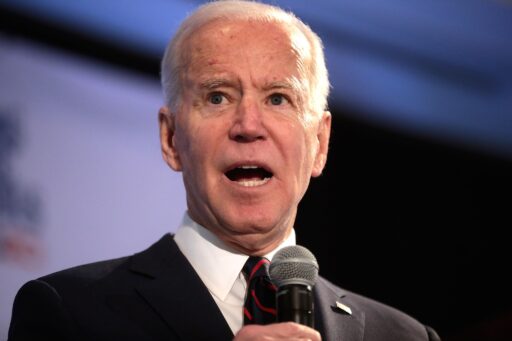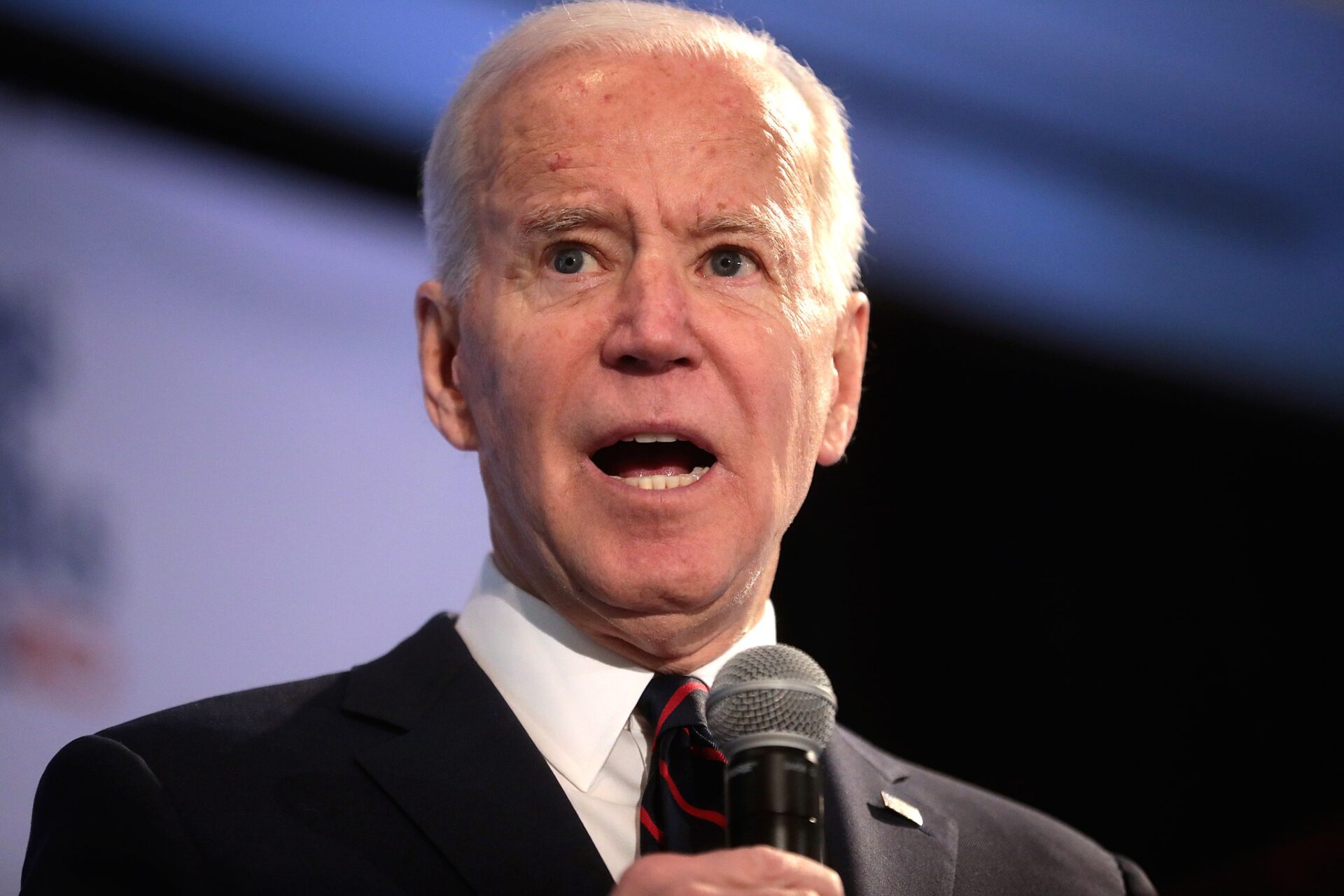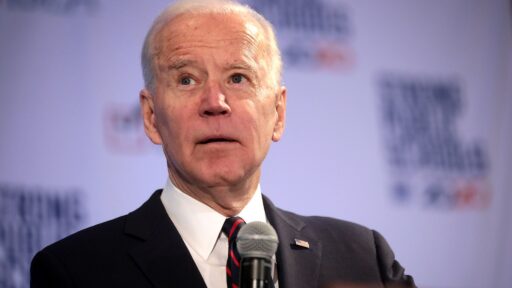Biden has already accepted defeat.
In the tumultuous landscape of American politics, Florida has long stood as a pivotal battleground. From Tim Russert’s iconic declaration during the 2000 presidential election to recent debates about its swing-state status, Florida remains a focal point of national electoral strategy.
Over the years, Florida’s political dynamics have shifted, largely due to the Democratic Party’s perennial struggle to keep pace with the Republican Party. Despite efforts to regain ground, Democrats have found themselves consistently trailing in Senate seats, congressional representation, and state legislative power—a stark contrast to Republican dominance.
Recently, Nikki Fried assumed leadership of Florida Democrats, inheriting a challenging political landscape marked by entrenched GOP influence. The party’s attempt to leverage national issues, like the Supreme Court’s pivotal Dobbs decision on abortion rights, met a sobering reality check. When asked if Florida was in play for Democrats, Jen O’Malley Dillon, a key Biden campaign strategist, bluntly replied, “No,” signaling a grim assessment of Democratic prospects in the state.
In response, Nikki Fried and the Biden campaign scrambled to assert optimism, citing ongoing efforts to build a foundation for future Democratic success in Florida. However, such assurances are tempered by the harsh realities on the ground: an aging Biden, questions about his campaign vigor, and scant evidence of substantial Democratic investment or presence in the state.
Despite Democratic optimism, the challenges ahead are formidable. The party’s strategy to field inexperienced candidates in heavily Republican districts risks being more about symbolic defiance than strategic electoral gain. This disconnect underscores a broader issue: the Democratic leadership’s failure to grasp or acknowledge the harsh political realities in Florida.
In electoral calculus, betting on Florida’s political transformation in favor of Democrats appears increasingly quixotic. As the state trends further rightward, relying on outdated optimism instead of strategic realism seems imprudent. The Biden campaign’s sluggish response and the Florida Democrats’ strategic missteps underscore a troubling disconnect from political ground truths.
Ultimately, Jen O’Malley Dillon’s candid assessment may serve as a wake-up call—a reminder to base electoral strategies on sober analysis rather than wishful thinking. In the evolving landscape of American politics, Florida’s pivotal role demands pragmatic engagement and strategic clarity, elements that currently seem elusive for the state’s Democratic leadership.







